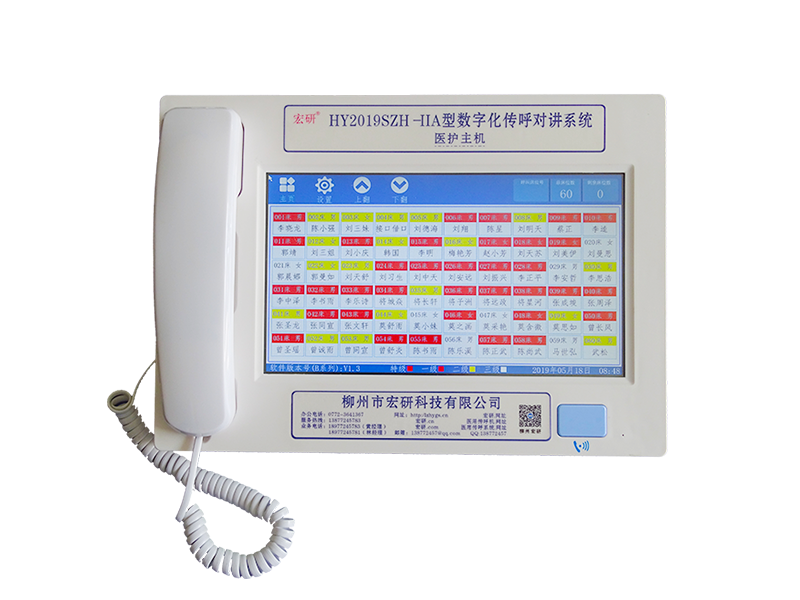Intelligent:
With the development of artificial intelligence, big data, Internet of Things and other technologies, medical devices are becoming more and more intelligent. Intelligent medical devices can realize automatic diagnosis, automatic treatment, remote monitoring and other functions, and provide more convenient and efficient medical services for patients.
For example, the intelligent blood glucose meter can automatically record blood glucose data and transmit it to doctors in real time through mobile phone APP. Doctors can adjust treatment plans according to blood glucose data.

Miniaturization and portability:
With the increasing demand for medical services, medical devices are becoming smaller and more portable. Small and portable medical devices can facilitate patients to conduct self-monitoring and treatment anytime and anywhere, and improve the accessibility of medical services.
For example, portable electrocardiograph, portable blood glucose meter and other medical devices can enable patients to conduct self-monitoring at home, and timely find hidden diseases.
individualization:
With the development of precision medicine, medical devices are becoming more and more personalized. Personalized medical devices can be customized designed and manufactured according to the individual differences of patients, so as to improve the treatment effect and the quality of life of patients.
For example, 3D printing technology can customize personalized artificial limbs, dental appliances and other medical devices for patients to better meet the needs of patients.


